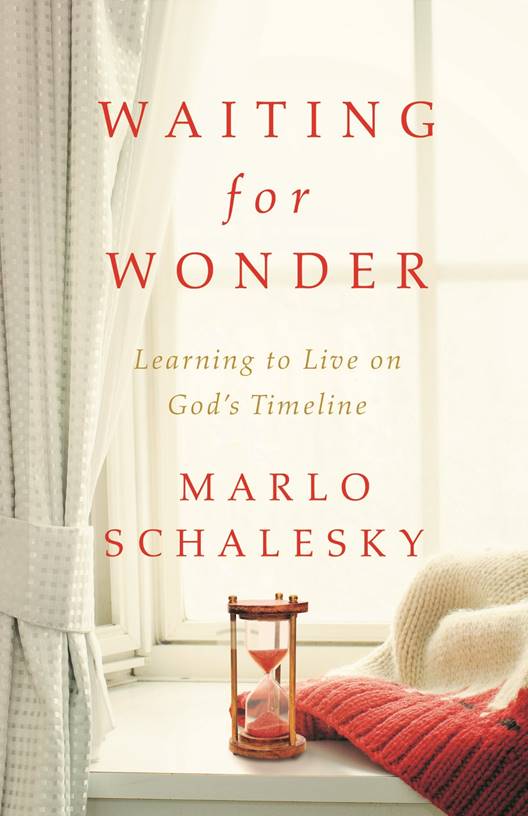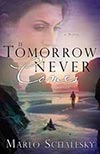In honor of the first day of Fall this week, here's a story from Bryan about the grace of letting the dead things fall away in your life. I hope you find it helpful and encouraging!
LET THE LEAVES FALL
I
remember the smell, and the crinkle, and the varying shades of brown, yellow,
and orange. I remember the crispness of
the air, and the scraping of the rake against dry leaves. I remember a Nebraska autumn and a lawn
covered in fall’s leafy quilt and my little brother and I leaping with reckless
abandon into piles of musky sweetness.
I remember a time when raking up the
dead and fallen things in our lives meant not sorrow, but joy. Not regret, not fear, but hope in what was to
come.
 If I close my eyes, even now, I can
see the sheen of sweat on my dad’s face as he leaned over the rake. I can hear the sound it made as he pulled it
over the dead grass toward him.
If I close my eyes, even now, I can
see the sheen of sweat on my dad’s face as he leaned over the rake. I can hear the sound it made as he pulled it
over the dead grass toward him.
“Bryan, grab the little rake from
the garage and help me.”
“Okay, Dad.”
I trotted to the garage, pulled down
a rake that was bigger than I was and dragged it outside. Then, I swished the tines across the leaves
to gather them into a tiny pile.
Dad added more leaves to my pile.
A moment later, my three-year-old
brother toddled out of the house. He
clapped his hands. “Oh, yay! Can we jump
in them yet?”
Dad shook his head.
Justin did. Little by little, the pile grew, with Dad
adding great bundles of leaves, me adding small bundles, and Justin adding a
few here and there, as much as his little hands could carry.
Soon, the lawn was clear, the pile a
gigantic heap of potential-fun, and the rakes were safely stored.
Dad sat on the steps and rested
while Justin and I squealed and ran and threw ourselves into a mountain of fall
colors. Dad smiled as we played and
played and played. We tossed leaves, we
burrowed in leaves, and we laid in leaves while gazing up at the gray sky.
And we never, ever wished that the
leaves would turn green and go back onto the trees again. We weren’t afraid of their falling. We didn’t feel bereft.
Instead, we knew that fresh, green
leaves would come in the spring, while these dead ones had fallen to bring us
joy . . . and a little work.
So why, all these years later, do I
grumble and moan and fear when dead things fall away in my life? Why do I clench my hands so tightly around
things that no longer bring me life? Why don’t I let them fall and bring me a
new kind of joy?
2 Corinthians 5:17 (NIV) says,
“Therefore, if anyone is in Christ, the new creation has come: The old has
gone, the new is here!”
When I hear this verse, I usually
think about it as if it only means that sometime, way in my past, when I
accepted Jesus I became a new creation in Christ. But as I think of the falling leaves of
autumn, I wonder if it doesn’t also mean that Christ continues to make me new,
renew me . . . and cause the old, dead things to fall away like autumn leaves.
And when they do, when the leaves
scatter on the dry ground, I don’t need to fret about what I no longer have,
what I no longer am. Instead, I can look
forward to new, green leaves in the springtime, and for now, find joy in the
crinkly, brown piles in my life.
Now, as I gather dried leaves for my
own kids, I think about those days long ago when my dad did most of the raking,
the piling, the working. I helped. My little brother helped. But I know now that dad did the real
work. And I remind myself that when dead
things fall away in my life, it’s my heavenly father who is doing most of the
work then too. I help. Others may help. But it is God who is clearing away the crusty
brownness of old habits, dead plans, and things that are no longer vital,
living.
So, when dead things
fall away, I want to stop worrying and instead revel in thankfulness for God’s
work in my life. I want to lay on the
leaves in a heap, look up, and know that spring is coming. I want to trust God enough to rake beside him
and rejoice when the work is done.













